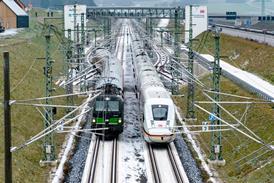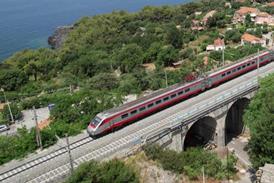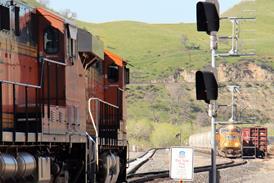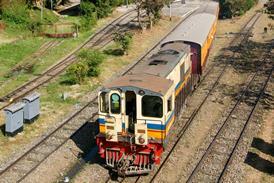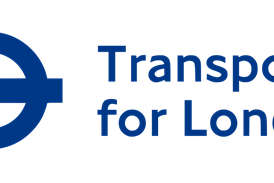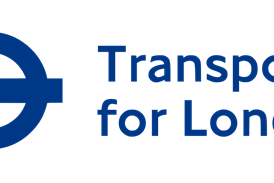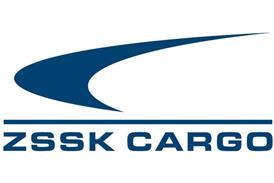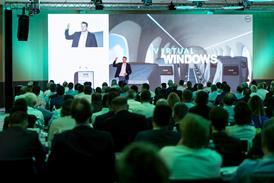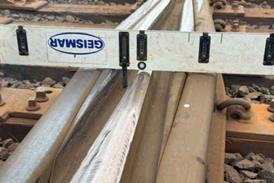Poland is entering a decisive stage in modernising its transport system, with the Centralny Port Komunikacyjny (CPK) at the heart of the country’s largest infrastructure investment. A central element is the high-speed rail (HSR) network, designed not only to connect Poland’s major cities but also to integrate the country with Europe’s wider transport corridors.
The “Y” Line concept

At the centre of the CPK programme is the 480 km “Y” Line, linking Warsaw, Łódź, Poznań, and Wrocław. Trains on this corridor will reach speeds of up to 350 km/h, transforming journey times and redefining regional accessibility.
The first operational section – Warsaw to Łódź – is scheduled for 2032, coinciding with the opening of the new CPK Airport. This multimodal hub will combine long-haul air services with high-speed rail, offering seamless connections across Central Europe. By 2035, the full “Y” alignment should be complete, advancing the government’s vision of “Poland in 100 minutes.”
Physical progress is already visible, particularly in Łódź, which will host Poland’s longest HSR tunnel to date – 4.6 km long and 14 m in diameter, built using tunnel boring machine technology. Contractor PORR has been awarded a PLN 2.2 billion contract, with completion expected in 2029.
The 140 km Warsaw–CPK–Łódź route has been divided into 12 sections. CPK has submitted five location applications for the Warsaw–CPK segment and three of seven for the CPK–Łódź stretch. These planning steps mark a milestone towards linking the future CPK Airport directly with Warsaw and Łódź by 2032.
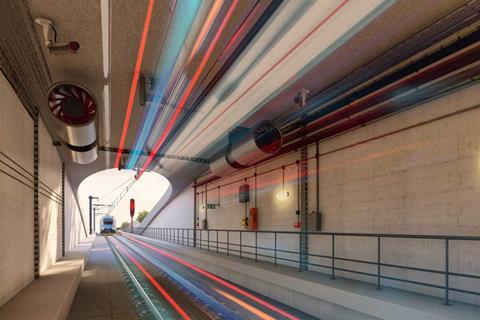
Learning from international experience
Delivering a project of this scale requires global expertise, and CPK has strengthened its international partnerships. A key step was a cooperation agreement with ADIF, Spain’s infrastructure manager, enabling knowledge transfer from a country with decades of HSR experience.
ADIF has hosted expert workshops at CPK’s request, providing insights into operational planning, capacity management, and technical standards. In March 2025, a Polish delegation met ADIF in Spain to discuss Spain’s liberalisation of long-distance services and lessons from the AVE network, directly relevant to the “Y” Line.
In May, CPK signed an agreement with Korea National Railway (KNR), operator of the KTX system, to share expertise in signalling, tunnelling, passenger operations, and integration of high-speed, regional, and freight services. Training programmes will give Polish engineers hands-on HSR experience.
CPK is also working with INECO, the Spanish firm behind much of the 4,000 km AVE network, covering technical consulting on tunnels, power systems, turnout design, ERTMS, and certification. Collaboration includes workshops, technical reports, and knowledge exchange on track installation, traffic control, and telecoms, ensuring the “Y” Line meets top European standards.
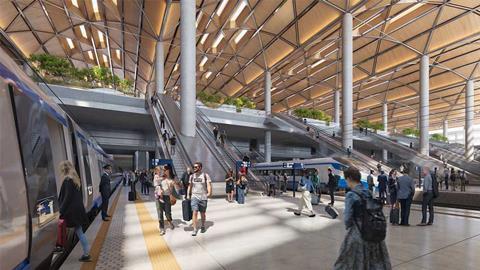
Positioning within the TEN-T framework
CPK’s rail investments align closely with the EU’s Trans-European Transport Network (TEN-T) policy. The “Y” Line and its extensions will form part of the TEN-T Core Network, linking Poland directly with key European corridors to Germany, Czechia, and beyond.
This guarantees interoperability with European standards, particularly ERTMS, and secures eligibility for EU co-funding. By integrating with TEN-T, Poland will improve domestic connectivity and strengthen Central Europe’s role within Europe’s rail transport network.
Airport and rail integration
The CPK Airport will serve as the anchor for the wider transport system. Located between Warsaw and Łódź, it is designed for an initial capacity of 34 million passengers per year and will connect directly with the high-speed rail network.
This integration will allow travellers from Wrocław, Poznań, or Kraków to reach the airport in under two hours without changing modes of transport – a rare advantage in Central Europe and a differentiator in regional aviation and rail services.
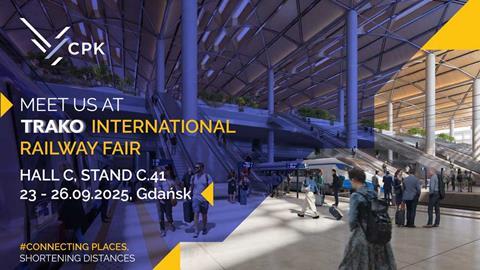
Industry dialogue at TRAKO 2025
Stakeholders can follow these developments at TRAKO 2025, where CPK will showcase its projects and outline next steps. Events will include a joint panel with INECO on international cooperation in high-speed rail, and a debate on the opening of Poland’s long-distance passenger transport market, involving representatives from the Ministry of Infrastructure and the Centre for EU Transport Projects (CEUTP), as well as international partners.
For the European railway industry, TRAKO will provide a first-hand view of how Poland is positioning itself within the continent’s evolving transport landscape. The CPK programme represents not only a national infrastructure upgrade but also a statement of intent: to bring Central Europe into the mainstream of high-speed mobility.

